Installing hot and cold water consumption meters allows you to save your personal budget by paying for the actually used water consumption, instead of calculated according to the norms. But we must not forget that water meters are primarily measuring instruments that have a certain service life and require periodic checks. Verification is needed so that neither the state nor the consumer has doubts about the correctness of measurements of metering devices.
- Service life of meters and nominal shelf life
- GOST recommendations
- Warranty period
- What are the terms of verification established by law, the procedure for verification and replacement
- Checking the controllers and whether it is possible to challenge the request to replace the meter
- Who is responsible for verification and where to complain about the controlling organization
Service life of meters and nominal shelf life
It should be understood that the actual service life of the device is approximately 2 times less than the nominal one and depends primarily on the operating conditions, namely:
- on the quality of water (the expiration date of the meter indicated in the data sheet was calculated on the condition that tap water must comply with the requirements of GOST R 51232-98 and SanPiN 2.1.4.1074-0, but in reality this is not always the case);
- from the condition of the pipelines (in old houses, the pipeline system is worn out, and various deposits get into the water, which can cause the meter to break down);
- from fluctuations in pressure in the network (the pressure in the network fluctuates several times during the day, but, unfortunately, houses in the Russian Federation are not necessarily equipped with a pressure control system in the water supply system).
Various consumer manipulations can also reduce the service life of the meter, for example, the use of a magnet for unwinding readings.
GOST recommendations
- according to GOST R 50601-93, the average service life of mechanical-type measuring units is 12 years;
- according to GOST 28732-90 "High-speed, electromagnetic and vortex flowmeters" the average service life of the devices is 15 years;
The warranty period for operation, according to the recommendations of GOST, is 1.5 years.
Warranty period
When you buy a meter, it comes with a warranty period which starts from the date of sale and for mechanical meters it is usually 18 months.
If the meter fails before the warranty period, you can demand a replacement or free repair, but at the same time you must have the technical passport of the device and a receipt from the store with the date of purchase.
What are the terms of verification established by law, the procedure for verification and replacement
According to the law, the owner of the premises in which they are installed is obliged to ensure timely verification of metering devices at the expense of personal funds.
At the legislative level, the verification of metering devices is regulated by the following acts:
- Federal Law "On Ensuring the Uniformity of Measurements" dated 26.06.2008 N 102-FZ;
- The Decree of the Government of the Russian Federation on the rules for the provision of communal services from 2006;
- Government Decree 2004 on improving the water consumption metering system.
The calibration interval for water meters is established by law and is:
- for cold water meters - 6 years;
- for hot water meters - 4 years.
When buying and installing a meter, it is important to know that the first verification may have to be done much earlier, because the calibration interval is counted from the moment of manufacture.
It is impossible to calibrate the meter yourself; it is carried out only by a qualified specialist using appropriate instruments. The verification procedure consists of the following steps:
- Preparation for verification. The consumer contacts the water utility service, a specialist comes from there and dismantles the device, which still needs to be taken to a certified laboratory. In another case, the consumer applies directly to a specialized company to call a foreman to the house, who will carry out verification without dismantling. The second option is more expensive, but the procedure is much easier and faster.
- Direct verification. The meter is tested according to various parameters (safety, reliability and others), the main of which is measurement accuracy. With the help of special devices, the error is measured, and if it lies within the normal range, then the device is considered serviceable.
- If the device has successfully passed the test, then the specialist of the certified organization issues a certificate of verification.
- If the meter was dismantled, then after verification, it is installed, sealed and an act of commissioning is drawn up by a representative of the organization supplying utilities.
If the meter has not passed the verification, this means that it is not suitable for use and the owner is obliged to replace the meter. Comparing the cost of the verification procedure and the cost of a new device, it turns out that sometimes it is more profitable, instead of checking the old one, to immediately replace the meter with a new one.
Checking the controllers and whether it is possible to challenge the request to replace the meter
- make sure that the metering devices are in good working order;
- detect facts of improper operating conditions (for example, violation of the integrity of seals);
- identify unaccounted resource consumption.
The owner is obliged to provide access to metering devices, and in case of detected violations, to eliminate them in accordance with the instructions received. Otherwise, the readings of the devices will not be accepted for calculation, and water consumption will have to be paid according to the calculated rates.
If the representatives of the controlling organization demand the replacement of the meter, but the owner does not agree with this decision, then first of all he should turn to an independent examination. As a result of the examination, an inspection report will be drawn up, and then there are several options for action:
- If the competence of the inspector directly raises doubts, then it is worth trying to resolve the issue peacefully. To do this, you must contact the management of the housing office or a higher management company. In most cases, they will meet halfway and agree with the result of an independent examination, the cost of which can also be reclaimed from them.
- If the problem cannot be solved peacefully, the owner has the right to contact Rospotrebnadzor and the Housing Inspectorate. Both of these bodies have the authority to impose penalties on the managing organization if its actions are illegal.
- If there is a clear desire for profit in the actions of the inspectors of the management company (for example, replacing the meter can be postponed for a certain fee), then in this case, you need to apply to the prosecutor's office.On the fact of the appeal, a check will be carried out, and a criminal case may be initiated.
Cases of such controversial issues are not uncommon, the owner must know his rights and competently defend them.
Who is responsible for verification and where to complain about the controlling organization
For the verification of meters that are installed outside the apartment, control organizations are responsible, which do not always fulfill their obligations in good faith (the timing of the verification of devices is not observed, the operating conditions are violated, etc.). In such situations, residents should contact the State Housing Inspectorate. The main task of this body is to help resolve disputes between residents and companies that manage the home.
In situations where GZI was unable to resolve the arisen dispute, citizens have the right to go to court. In the course of the case, the plaintiff can demand compensation from the management company for legal costs and non-pecuniary damage.

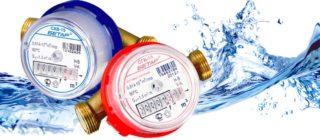
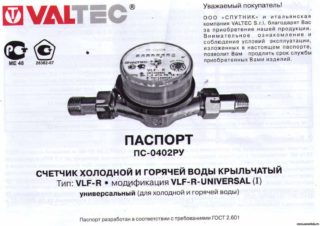

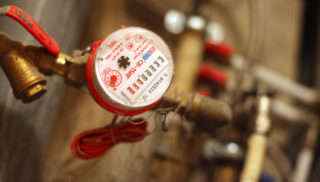
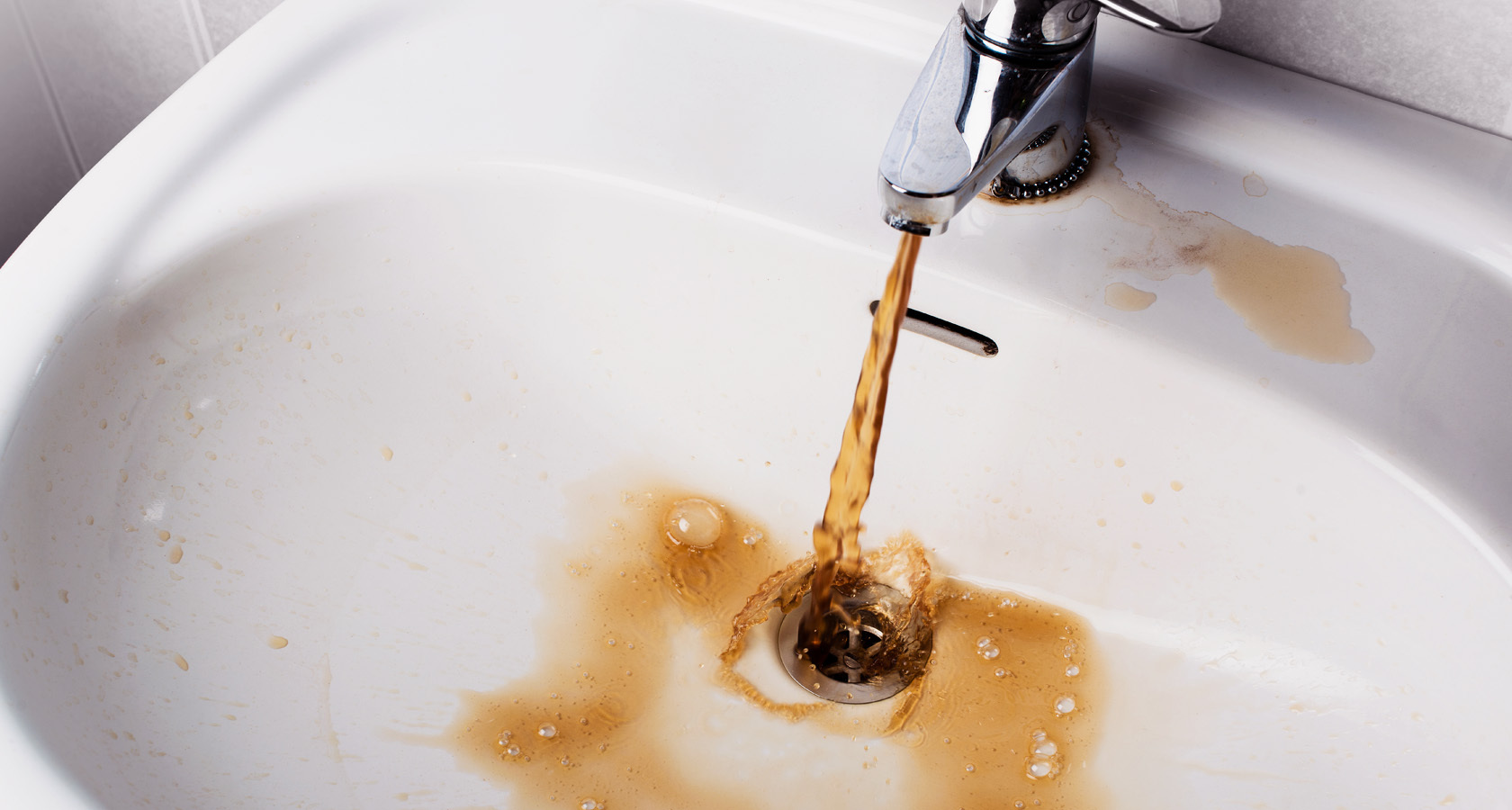
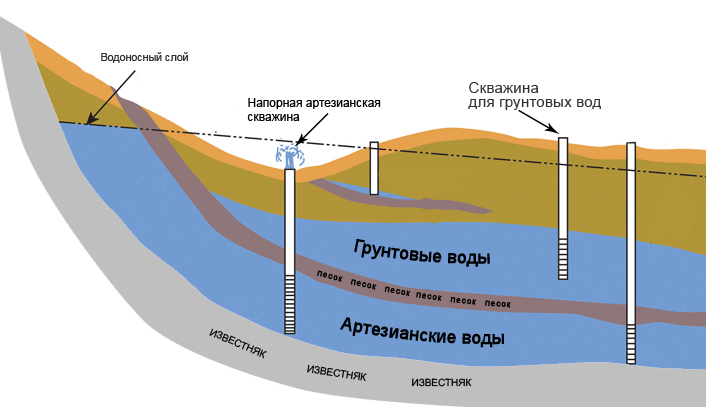
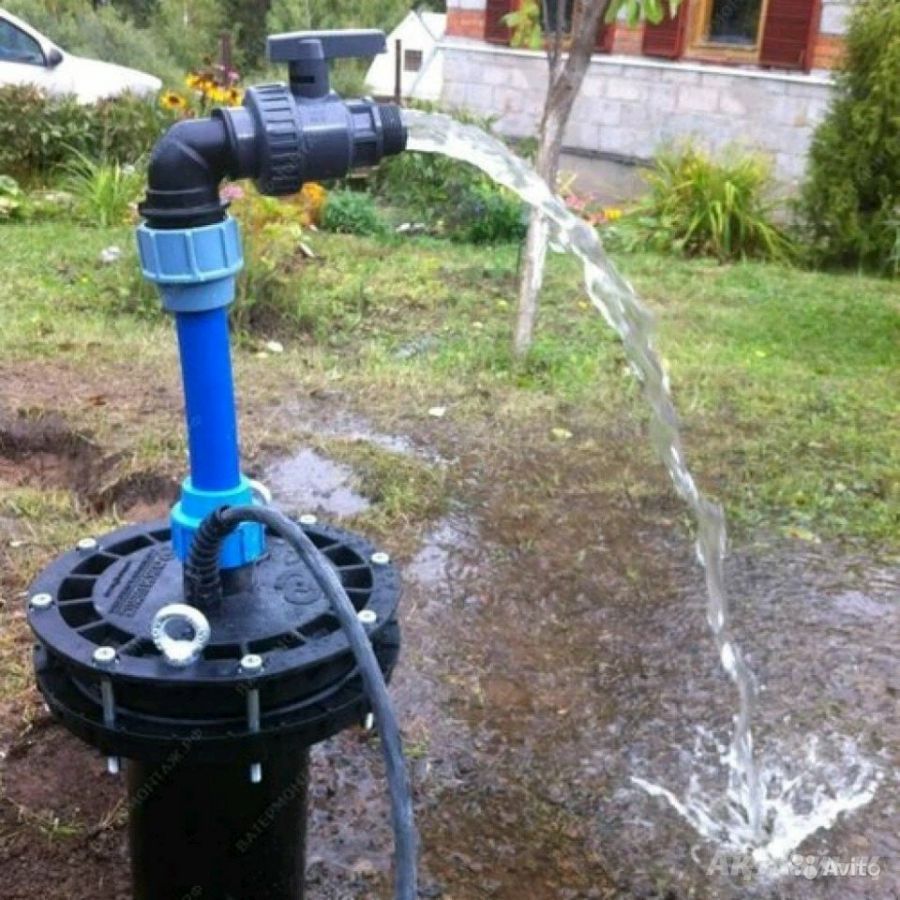
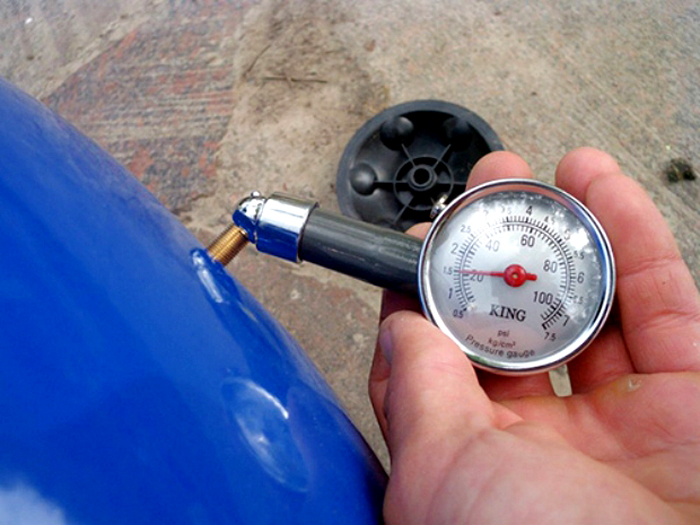
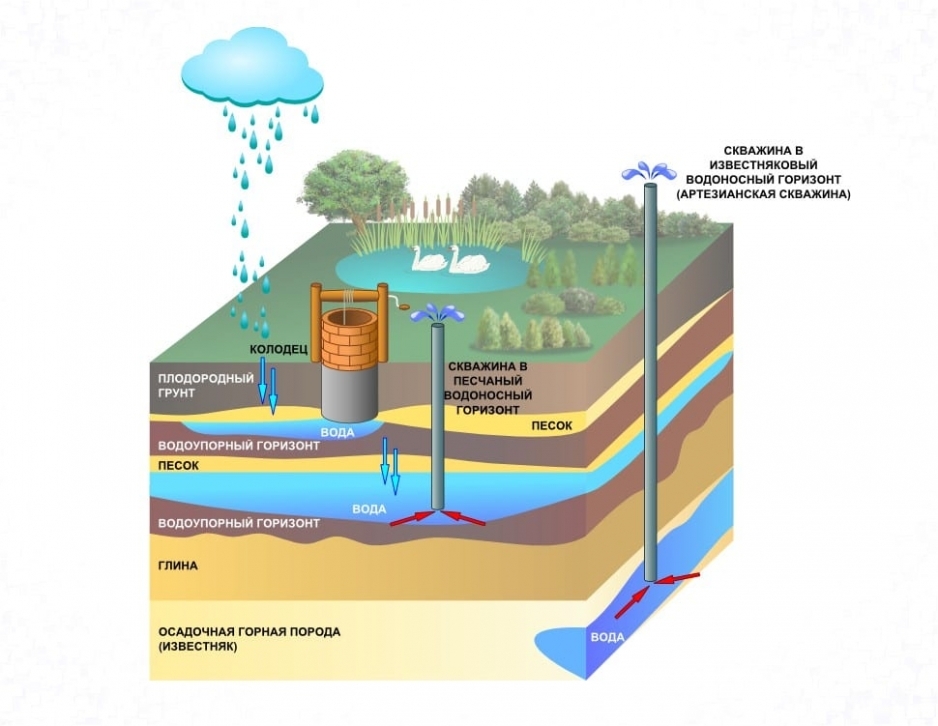
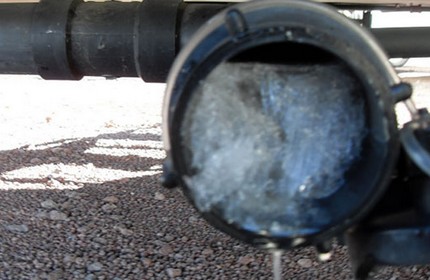
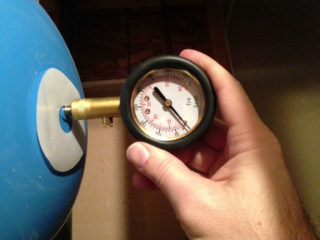
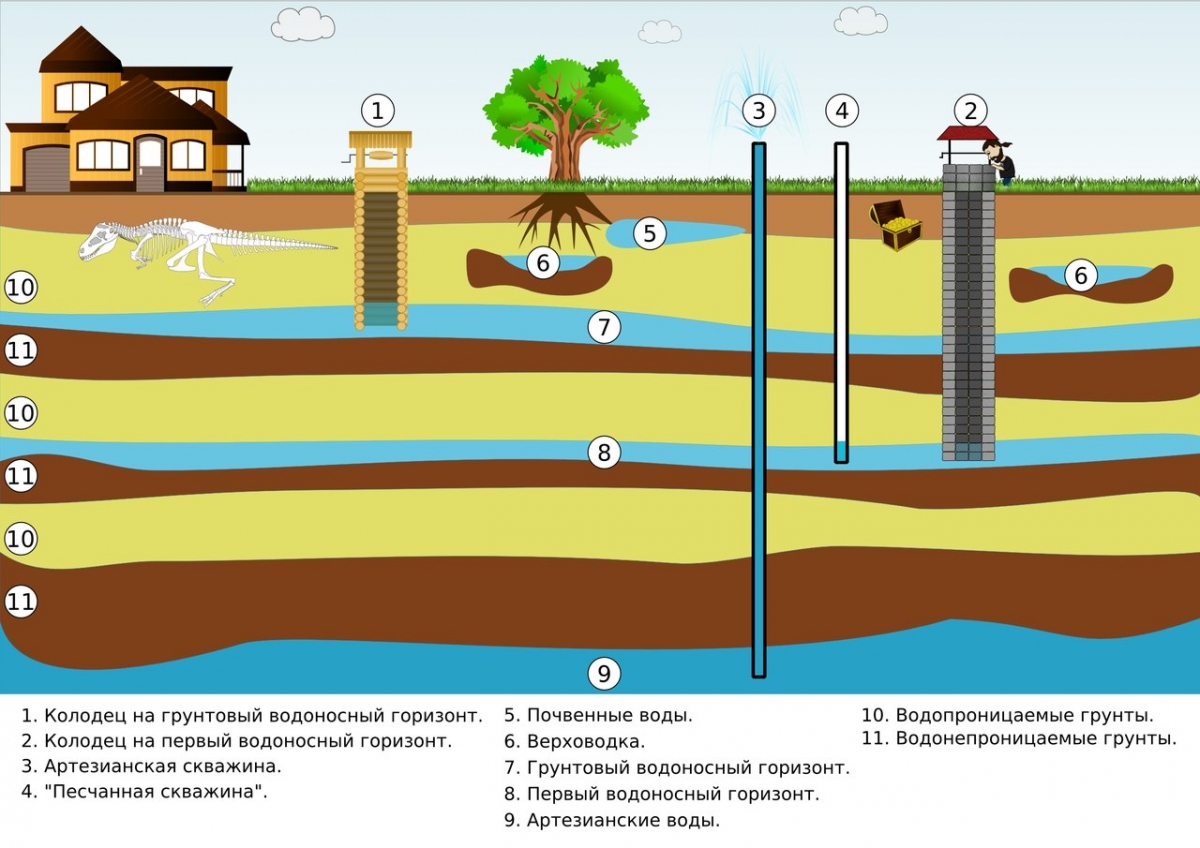
Is the calibration interval counted from the date of manufacture? So, if you bought a new meter for future use, put it on the shelf, then after 4 years it needs to be verified again? Or did you buy a new meter in the store, which has been there for three years, then a year after installation it needs to be verified? What happened to him on the shelf? Some kind of nonsense.